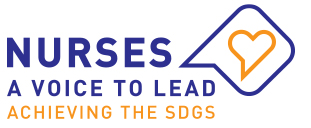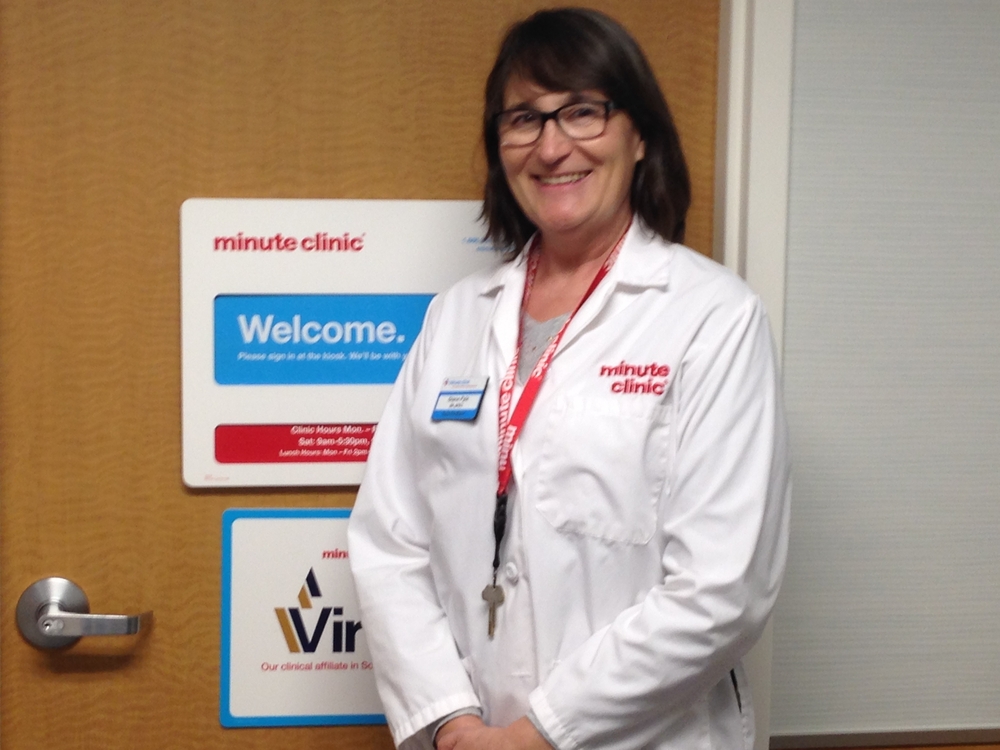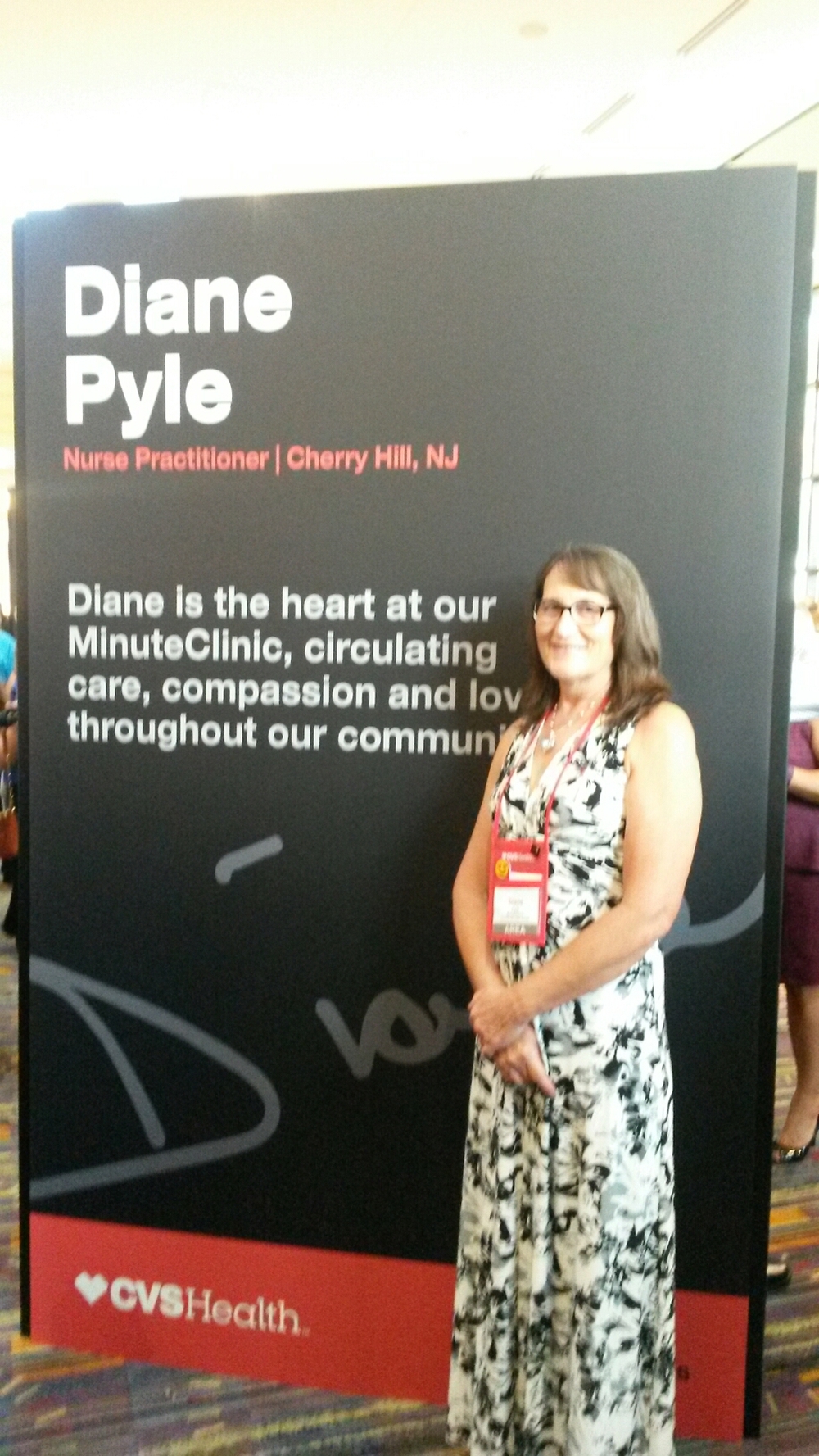Education Plus Health, USA
Education Plus Health elevates the school nurse’s role to offer more comprehensive health care, ensuring accessibility to holistic primary care and preventive services for every student.
In the United States, as in many countries, People face a myriad of potential barriers to access of high-quality health care, most especially children living in poverty. In the high poverty areas of Philadelphia, USA, asthma and diabetes are the two greatest concerns facing children, exacerbated by high rates of obesity (22% of students served were considered obese last year).
Julie Cousler Emig is the Executive Director of Education Plus Health, a non-profit organisation that improves education and health outcomes by providing access to high-quality health care and health education to students directly in their schools. The vast majority (75% nationally) also provide mental health services.
Education Plus Health is designed to cater specifically to underserved areas with high poverty student populations, identified as the group facing the most barriers to consistent utilization of healthcare. The organisation has developed an innovative and evidence-based approach to better address the health needs of students through preventive and acute primary care.
The scheme reaches over 7,000 individuals annually through 15 school-based, nurse-managed health centres in Philadelphia. Education Plus Health is a cost-effective, nurse-driven staffing model, led by Advanced Practice Nurses (APNs), working collaboratively with a Licensed Practical Nurse to provide school nursing care and primary care. Nurse Practitioners work to secure collaboration with the student’s medical home and specialists to wrap vulnerable children with holistic health care.
The students enrolled are all eligible for the federally-funded free school lunch programme generally made available to students whose household incomes is under the poverty threshold. Many students also live in public housing projects and a number are homeless or formerly homeless students. The aim is to tackle inequalities on the principle that health is directly correlated to academic outcomes and addressing both is key to improving students’ chances. This model creates an optimal venue for APNs to monitor children who have special health needs, to work collaboratively with primary care providers and specialists whose time with children is limited to office visits or hospital stays, and to intervene promptly with all children when facing an acute health issue.
The success of Education Plus Health is backed by nearly 40 years of research, which documents the positive impact school-based health centres have on student achievement and well-being, as well as cost savings to society.
Among the benefits, the scheme has succeeded in reducing absenteeism, especially among asthmatic students. Students achieve better academic outcomes and attendance rates and also have lower rates of tardiness, discipline problems, and course failures.
The programme also reduces inappropriate emergency room use and publicly-funded insurance costs overall, and hospitalization rates among asthmatic children. Additionally, 56% of asthmatics have shown improved attendance over the last three years.
The model is effective in engaging youth in mental health services and urban students were 21 times more likely to make mental health related visits to school-based health centres than to traditional community-based safety net health centres.





